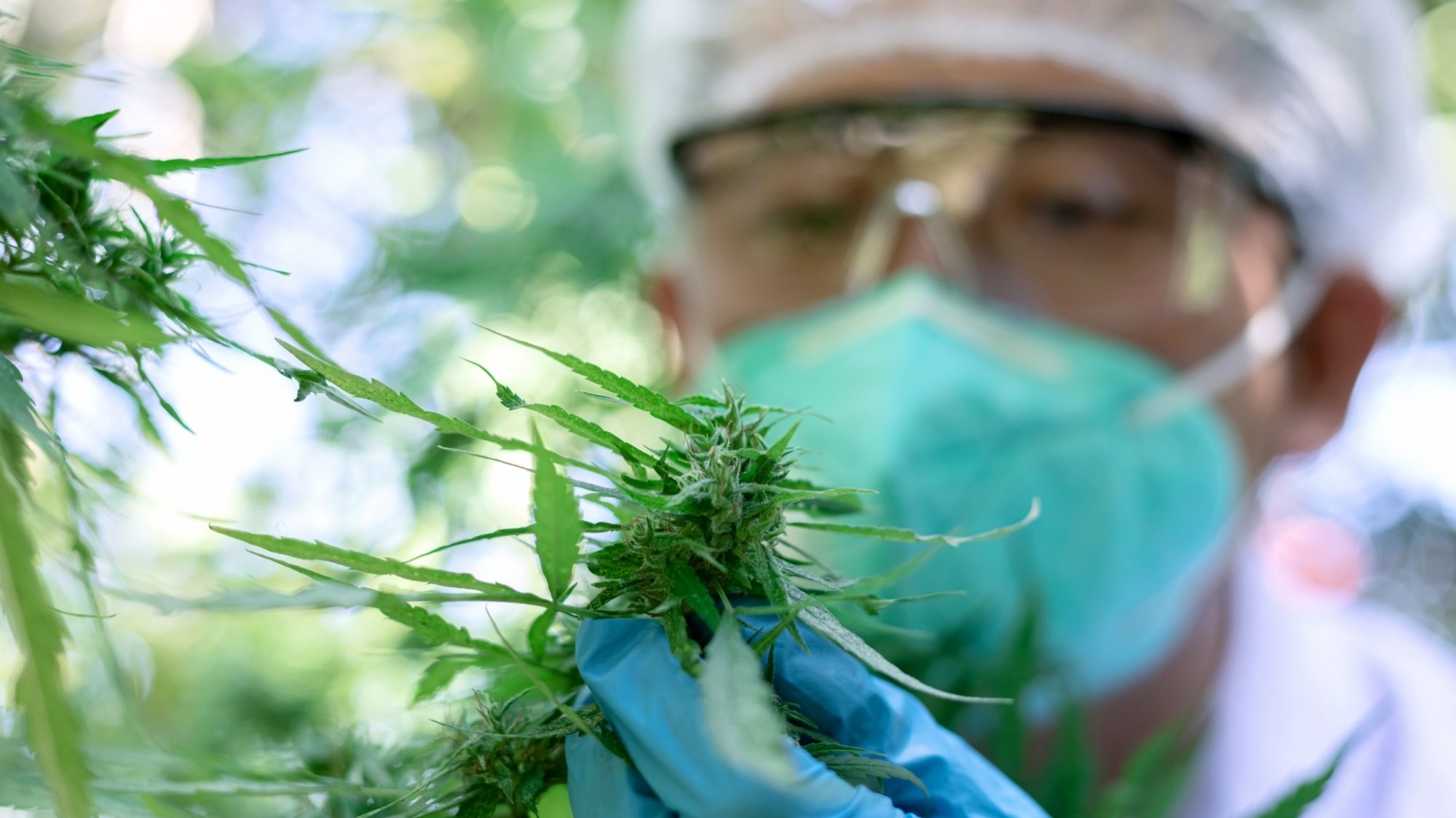The application process for medical cannabis business licenses is now open.
Applicants interested in applying for a medical cannabis cultivator, processor, dispensary, secure transporter, state testing laboratory, or integrated facility license may file a Request for Business Application with the Alabama Medical Cannabis Commission (AMCC).
“Since the passage of the Darren Wesley ‘Ato’ Hall Compassion Act last year, the Commission has worked diligently to lay the groundwork for the new medical cannabis industry in Alabama by developing administrative rules and regulations and by obtaining necessary software systems,” said Director John McMillan. “We are excited to see the many components of the program come together and provide not only business and career opportunities to Alabamians, but most importantly, we are one step closer to meeting the needs of thousands of residents who suffer from various medical conditions whose symptoms may be alleviated by the proper use of medical cannabis products.”
The commission was required by the law to have the application process ready by September 2022 and reached that target, although the commission had toyed with the idea of requesting an extension of that deadline earlier this year.
Only applicants who submit an application request by Oct.17, 2022, will receive a form. Those forms will issue to requestors on Oct. 24, and applicants will have until Dec. 30 to file their application. Several dates, prescribed by the law and AMCC rules, allow for applicants to submit amendments and corrections to their previously filed applications.
Following the evaluation of applications, the Commission, per the statute, may award up to 12 cultivator licenses, four processor licenses, four dispensary licenses, five integrated facility licenses and an unspecified number of secure transport and state testing laboratory licenses.
“Throughout the development of the program, the Commission’s focus has been to ensure that future patients receive high quality, safe and affordable products. That focus will continue as we begin to evaluate medical cannabis business applicants,” said commission chairman and oncologist Steven Stokes. “We hope our efforts will foster a model program, where Alabama’s medical cannabis business licensees are providing qualified patients with safe products that they can trust.”
Under Alabama’s program, registered certifying physicians may recommend medical cannabis to patients who have been diagnosed with autism spectrum disorder; cancer-related pain or nausea; Crohn’s Disease; depression; epilepsy or conditions causing seizures; HIV/AIDS-related nausea or weight loss; panic disorder; Parkinson’s Disease; persistent nausea; post-traumatic stress disorder (PTSD); sickle cell anemia; spasticity associated with multiple sclerosis or spinal cord injury; Tourette’s Syndrome; a terminal illness; or conditions causing chronic or intractable pain.
Medical cannabis products that may be recommended to patients include tablets, capsules, tinctures, gelatinous cubes, gels, oils or creams for topical use, suppositories, transdermal patches, nebulizers, or liquids or oils for use in an inhaler. Raw plant materials, products administered by smoking or vaping, or food products such as cookies or candies will not be allowed.
To learn more about the Alabama medical cannabis program or to file a Request for Business Application visit amcc.alabama.gov.




















































